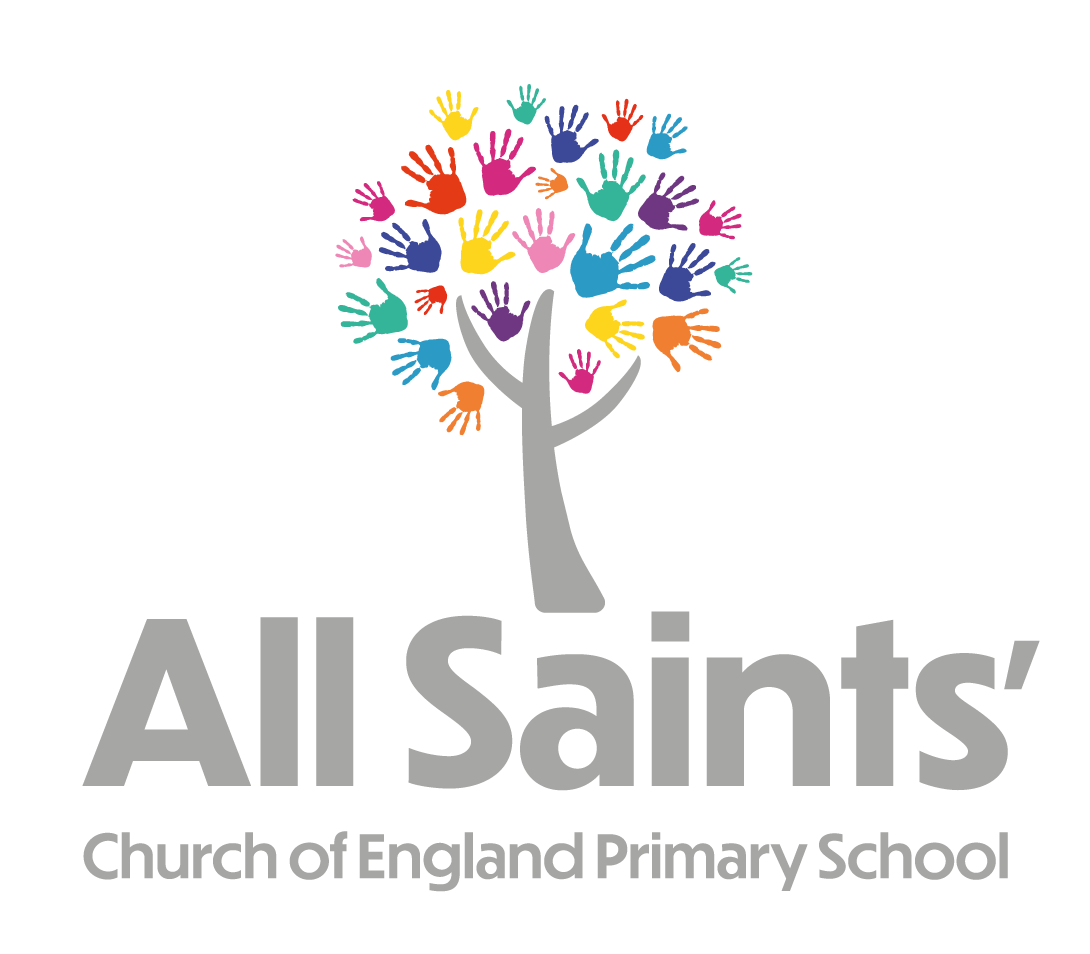- Home
- Curriculum
- Early Years Foundation Stage
- What does Early Years look like at All Saints’?
- Prime Area: Personal, Social and Emotional Development
Prime Area: Personal, Social and Emotional Development
Children’s personal, social and emotional development (PSED) is crucial for children to lead healthy and happy lives, and is fundamental to their cognitive development. Underpinning their personal development are the important attachments that shape their social world. Strong, warm and supportive relationships with adults enable children to learn how to understand their own feelings and those of others. Children should be supported to manage emotions, develop a positive sense of self, set themselves simple goals, have confidence in their own abilities, to persist and wait for what they want and direct attention as necessary. Through adult modelling and guidance, they will learn how to look after their bodies, including healthy eating, and manage personal needs independently. Through supported interactions with other children, they learn how to make good friendships, co-operate and resolve conflicts peaceably. These attributes will provide a secure platform from which children can achieve at school and in later life.
Teachers are required to teach a one-hour PSHE lesson every week and the lessons must always be taught by the class teacher, in order to ensure that the children feel comfortable and safe when contributing to discussions.
The inclusion and promotion of British values taught through our curriculum, collective worship and many areas of school life also ensure that our children understand the importance of respect and leave school fully prepared for life in modern Britain and ready to make a positive contribution to society.
To teach PSHE, we follow the Jigsaw scheme of work. Jigsaw meets all of the requirements of the statutory guidance for Relationships and Health Education (England, 2020), including Relationships and Sex Education (RSE). The Jigsaw curriculum brings together PSHE Education, emotional literacy, mindfulness, social skills and spiritual development. A variety of teaching strategies are used, with a focus on mindfulness. Jigsaw is designed as a whole school approach, with all year groups working on the same theme (puzzle) at the same time, with the skills following a spiral approach across the year groups, so that children’s learning is built upon each year. There are six half-term units of work, each with six lessons. Every year group studies the same theme at the same time, allowing for whole school themes and the end of puzzle product, for example, a display or exhibition to be shared and celebrated by the whole school. Each year group is taught one lesson per week and all lessons are delivered in an age- and stage-appropriate way so that they meet children’s needs.
The 6 themes taught, in sequential order, through Jigsaw are:
Being Me in My World – covering topics such as a sense of belonging, welcoming others, being part of the school, wider and global communities, children’s rights, working with others and pupil voice.
Celebrating Difference – covering topics such as similarities and differences, diversity, disability, racism, power, friendships, conflict, tolerance, acceptance and bullying (including cyber and homophobic bullying).
Dreams and Goals – covering topics such as hopes and dreams, goals for success, personal strengths, how to overcome challenges, team work, enterprise and fundraising.
Healthy Me – covering two main areas of health: Emotional health (relaxation, being safe, friendships, mental health skills, body image, relationships with food, managing stress) and physical health (eating a balanced diet, physical activity, rest and relaxation, keeping clean, drugs and alcohol, being safe, first aid).
Relationships – covering topics such as families, friendships, stereotypes, pets and animals, cyber safety and social networking, self-esteem, learning how to deal with conflict, love and loss.
Changing Me – covering topics such as growing from young to old, becoming a teenager, assertiveness, self-respect, safeguarding, body image, puberty, attraction, accepting change and transition to new year groups (or secondary school for Year 6). This unit links with the Science curriculum when teaching children about life cycles, babies and puberty, and all lessons are age-appropriate.
The Jigsaw scheme also has a strong focus on mindfulness. Jigsaw teaches children to understand their thoughts and feelings and through both taught lessons and the Calm Me time exercises (using the Jigsaw chime), helping to develop their awareness, and their capacity to be mindful human beings.
